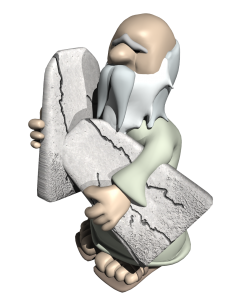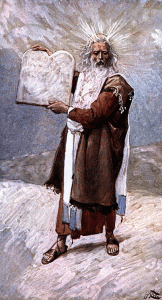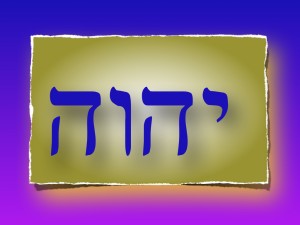Genesis 18:19, Shall keep the way of YHVH…do justice and judgment. To what is YHVH referring here? He is referring to the Torah, something some Christian Bible teachers say did not exist before Moses and Mount Sinai (see also Gen 26:5). Let’s now see how the Scriptures define these terms and how they relate to the Torah. Genesis 18:19 says,
“For I [YHVH] know him [Abraham], that he will command his children and his household after him, and they shall keep the way of YHVH, to do justice and judgment; that YHVH may bring upon Abraham that which he hath spoken.” (emphasis added)
Let’s define the three highlighted words above in the larger context of the Scriptures.
“The way” is the Hebrew word derech (Strong’s H1870) and is used in the following places:
- Blessed are the undefiled in the way [derech], who walk in the law [Torah] of YHVH. (Ps 119:1)
- I will run the way [derech] of the commandments … (Ps 119:32)
- Teach me, O YHVH, the way [derech] of thy statutes … (Ps 119:33)
“Justice” is the Hebrew word tsedaqah (Strong’s H6666) meaning “righteousness.” Here is an example of its usage:
- … for all thy commandments are righteousness … (Ps 119:172)
“Judgments” is the Hebrew word mishpatim (Strong’s H4941) meaning “ordinances” referring to YHVH’s moral and ethical laws as embodied in the last six of the ten commandments, which teach righteousness in one’s business and personal relationships.
- …[YHVH’s] righteous judgments [mishpat]. (Ps 119:7)
- I have chosen the way [derech] of truth: thy judgments [mishpat] have I laid before me. (Ps 119:30)
- Thy word is true from the beginning; and every one of thy righteous judgments [mishpat] endures forever. (Ps 119:160)
Can there be any doubt, if we’re to believe what the Scriptures say literally that Abraham was Torah observant hundreds of years before Moses (Abraham’s great, great, great grandson) was born?







